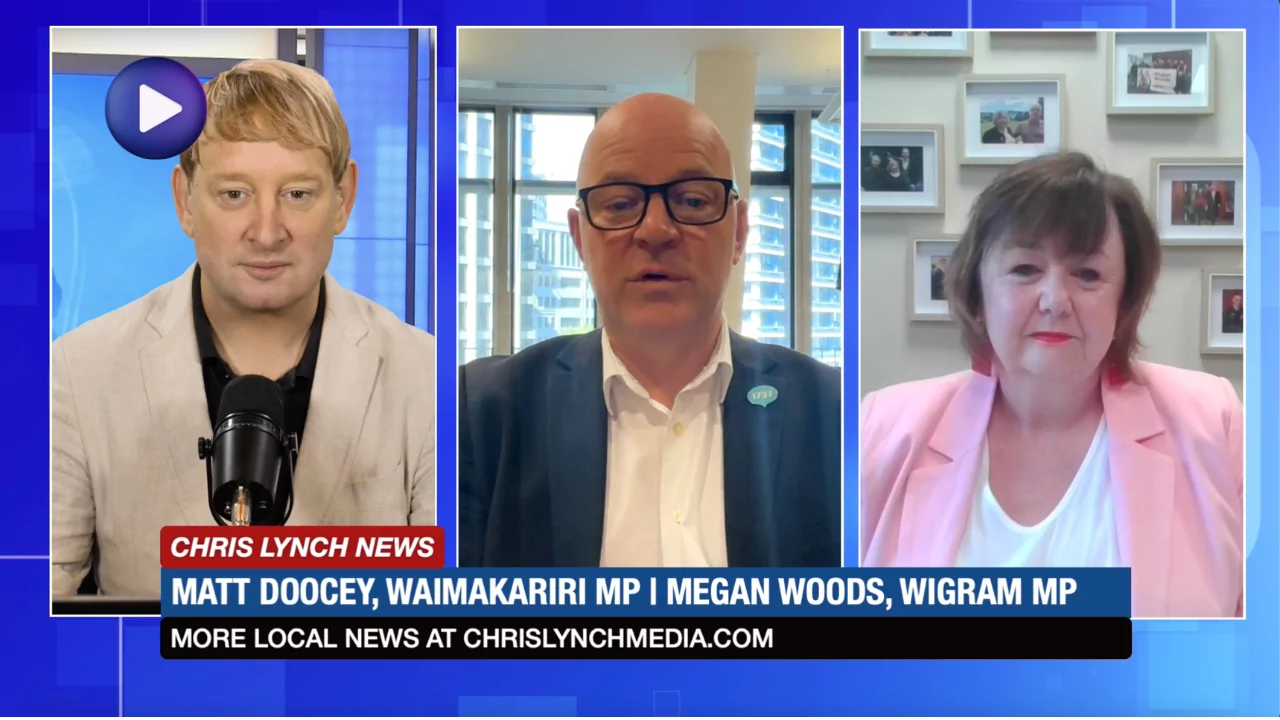Escaped youth tracked by Eagle helicopter, found hiding in New Brighton
The young person who escaped from a youth justice facility in Rolleston has been located...
The New Zealand Council of Trade Unions (NZCTU) has criticised Prime Minister Christopher Luxon’s State of the Nation speech, describing it as “an exercise in smoke and mirrors” that deflects from what it says is the worst economic growth in three decades.
NZCTU President Richard Wagstaff said the Prime Minister’s rhetoric about “going for growth” was at odds with his Government’s record since taking office.
“Unemployment has skyrocketed, growth has plummeted, and record numbers of New Zealanders are heading overseas. This is the worst record on economic growth since 1991,” Wagstaff said.
He also raised concerns about the Government’s approach to science and innovation, saying recent cuts to research funding and job losses in the public science sector undermined the economy’s future.
“It beggars belief to hear the Prime Minister talk about the need for investment in science while his Government has axed more than 500 jobs in the public science sector and cut research funding. Merging Crown Research Institutes and focusing on ‘commercialising science’ misses the mark. The priority should be on increasing investment and properly funding CRIs and universities,” Wagstaff said.
Wagstaff pointed out that New Zealand currently spends only half the OECD average on science and research and development (R&D), and criticised the lack of funding announcements in this area.
The NZCTU also took issue with comments by Luxon that suggested workplace health and safety was a cost rather than an investment. Wagstaff said safe workplaces were essential for productivity and worker wellbeing.
“The Prime Minister and Minister of Finance continue to demonstrate how out of touch they are with working people by failing to recognise the economic hardship caused by their choices and lack of an economic plan or industrial strategy,” he said.
Wagstaff claimed working people were facing increasing insecurity, with job losses, stagnating wages, housing issues, and rising living costs. He also criticised Government decisions such as reintroducing prescription fees, increasing public transport costs, and indexing benefit increases to inflation instead of wage growth.
“It’s past time that politicians recognise the need to do things differently and build an economy that works for everyone,” Wagstaff said.
He called for a long-term strategy to create high-wage jobs in highly productive, low-emissions industries and address what he described as generational crises, including inequality, climate change, and the future of work.
